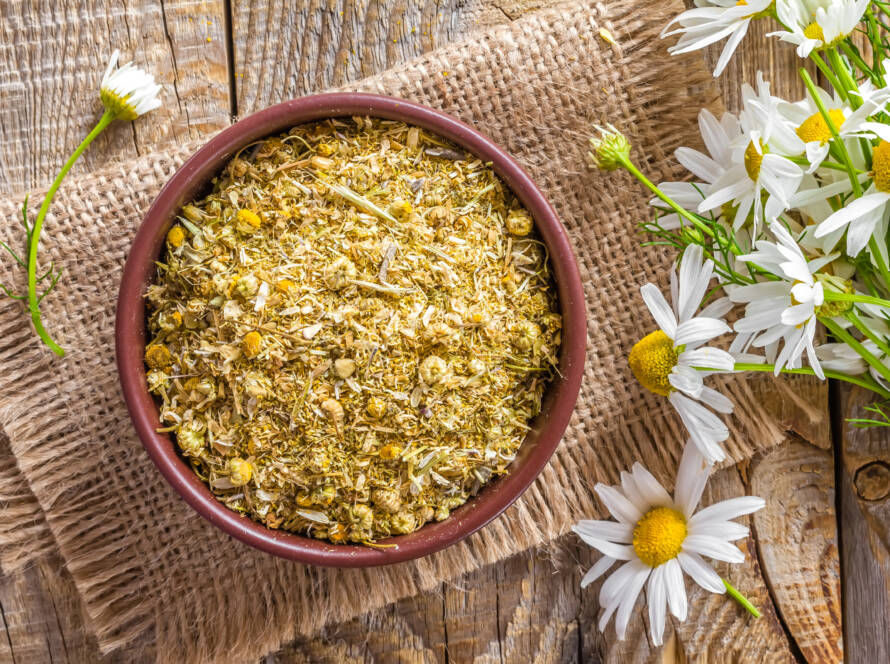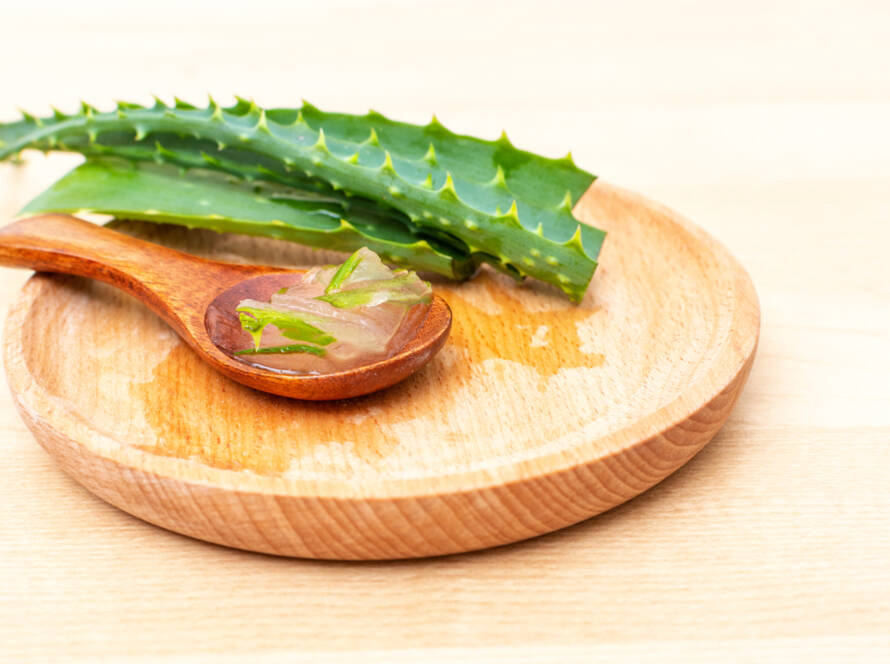Bilberry
This fact sheet provides essential information about bilberry, including its common names, uses, potential side effects, and resources for further information.
Common Names
- Bilberry
- European blueberry
- Whortleberry
- Huckleberry
Latin Name
- Vaccinium myrtillus
Uses
Bilberry has a long history of medicinal use and is currently used for:
- Treating diarrhea
- Alleviating menstrual cramps
- Addressing eye problems
- Managing varicose veins and venous insufficiency
- Other circulatory issues
Bilberry leaves are used for different conditions, including diabetes.
How It Is Used
The fruit of the bilberry plant can be consumed directly or made into extracts. The leaves can also be used to create extracts or teas.
Scientific Insights
- There are claims that bilberry fruit improves night vision; however, clinical studies have not substantiated this claim.
- Overall, there is insufficient scientific evidence to support the use of bilberry fruit or leaves for any specific health conditions.
Side Effects and Cautions
- Bilberry fruit is generally considered safe for consumption. However, high doses of bilberry leaves or leaf extracts may pose safety concerns due to potential toxic side effects.
- It is important to inform healthcare providers about any complementary and alternative practices to ensure coordinated and safe care.
Resources
- Bilberry. Natural Medicines Comprehensive Database.
- Bilberry (Vaccinium myrtillus). Natural Standard Database.
- Bilberry fruit. In: Blumenthal M, et al. Herbal Medicine: Expanded Commission E Monographs.
 NCCAM National Institutes of Health
NCCAM National Institutes of Health
This summary highlights the key aspects of bilberry, including its traditional uses, potential benefits, and safety considerations.


